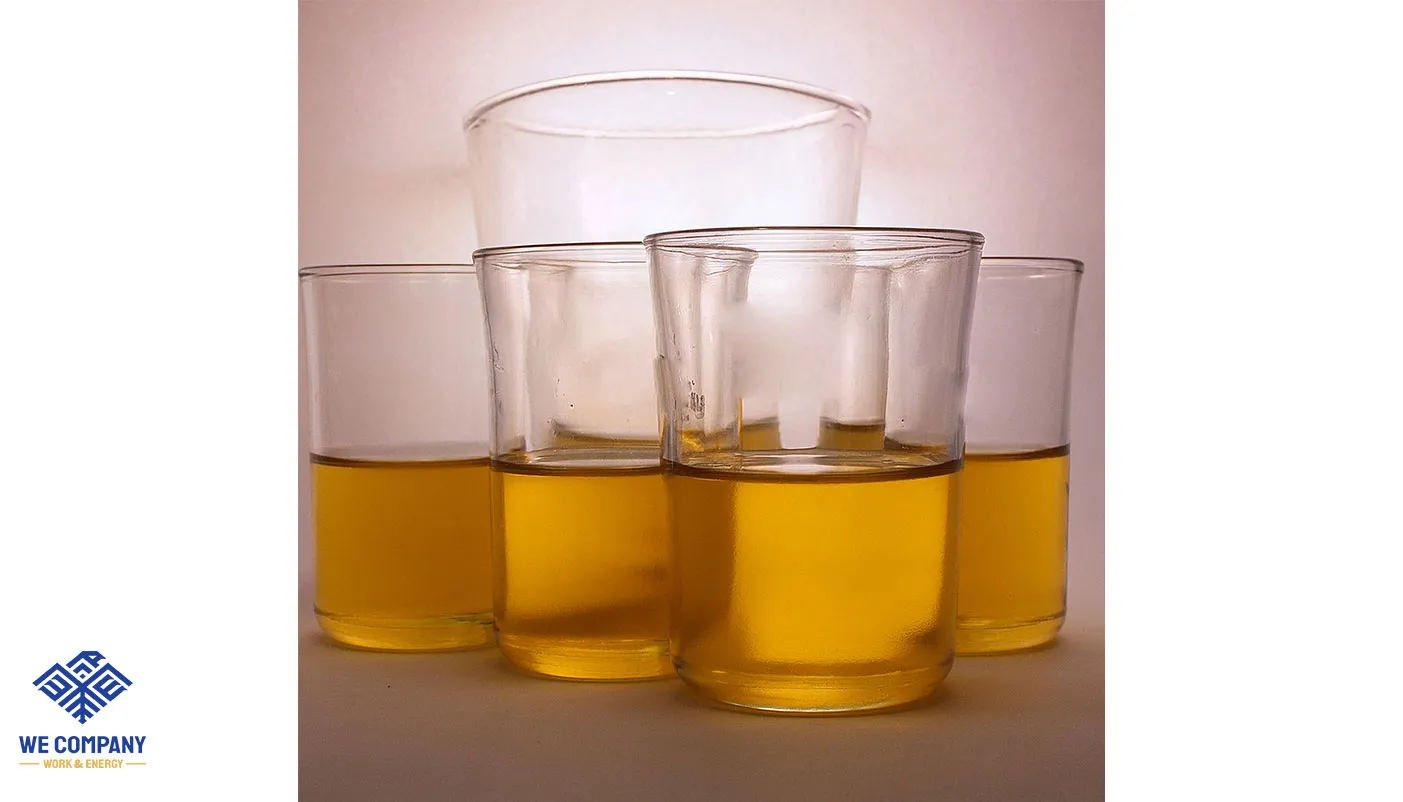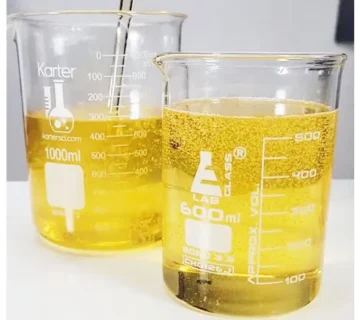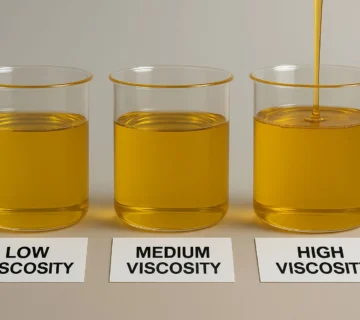Virgin Base Oil: Properties, Applications, and Market Insights
Introduction
Virgin base oil is a fundamental component in the production of lubricants, essential for various industrial and automotive applications. Unlike recycled or re-refined base oils, virgin base oil is produced directly from crude oil through advanced refining processes, ensuring superior quality and performance. This article explores the properties, types, applications, and market trends of virgin base oil.
What is Virgin Base Oil?
Virgin base oil is a high-quality lubricant base stock obtained from crude oil distillation and refining. It serves as the primary ingredient in lubricants, including engine oils, industrial oils, and greases. The oil is produced through processes like solvent refining, hydrocracking, and catalytic dewaxing, ensuring minimal impurities and excellent performance.
Properties of Virgin Base Oil
Virgin base oil possesses key characteristics that make it suitable for lubrication purposes:
- High viscosity index: Ensures stability across temperature variations.
- Low volatility: Reduces oil loss and consumption.
- Oxidation resistance: Enhances longevity and prevents sludge formation.
- Thermal stability: Maintains performance under high temperatures.
- Good solubility: Ensures compatibility with additives for enhanced lubrication.
Types of Virgin Base Oil
Virgin base oils are categorized into different groups based on their refining process, viscosity, and sulfur content:
Group I Base Oil
- Produced through solvent refining.
- Contains higher sulfur and unsaturated hydrocarbons.
- Suitable for conventional lubrication applications.
Group II Base Oil
- Processed using hydrocracking technology.
- Lower sulfur content and improved oxidation stability.
- Commonly used in modern automotive lubricants.
Group III Base Oil
- Highly refined with hydroisomerization.
- Higher viscosity index and lower volatility.
- Used in synthetic and premium-quality lubricants.
Group IV and V Base Oils
- Group IV: Polyalphaolefins (PAOs), fully synthetic oils with excellent performance.
- Group V: Miscellaneous oils like esters and polyalkylene glycols (PAGs), used in specialized applications.
Applications of Virgin Base Oil
Virgin base oil serves as the foundation for a wide range of lubricant products across industries. Some key applications include:
Automotive Lubricants
- Engine oils, transmission fluids, and gear oils.
- Enhances engine performance and reduces wear.
- Ensures smooth gear shifting and fuel efficiency.
Industrial Lubricants
- Used in hydraulic systems, compressors, and turbines.
- Prevents friction, wear, and corrosion in heavy machinery.
- Ensures longevity and efficiency in manufacturing processes.
Metalworking Fluids
- Used as cutting fluids and coolants in machining operations.
- Reduces heat generation and enhances tool life.
- Ensures precision and smooth metalworking processes.
Grease Manufacturing
- Acts as the base for grease formulations.
- Ensures consistency and high-temperature performance.
- Used in automotive, marine, and industrial applications.
Rubber Process Oil and Specialty Applications
- Used in rubber manufacturing to improve flexibility and processing.
- Acts as a carrier fluid in chemical formulations.
- Supports pharmaceutical and cosmetic industries.
Market Trends and Demand for Virgin Base Oil
The global demand for virgin base oil is driven by various factors, including industrialization, automotive advancements, and sustainability initiatives. Here are some key market trends:
Growing Automotive Industry
- The rise in vehicle production and sales is fueling demand for high-performance lubricants.
- Strict emission regulations are driving the use of cleaner, low-sulfur base oils.
Shift Towards Premium Lubricants
- Group II and Group III base oils are gaining traction due to their superior properties.
- The synthetic lubricant market is expanding, increasing demand for high-quality virgin base oils.
Sustainability and Environmental Regulations
- Governments are enforcing regulations to reduce emissions and improve fuel efficiency.
- Refineries are investing in advanced processing techniques to produce environmentally friendly base oils.
Regional Market Insights
- Asia-Pacific: Dominates the global market due to rapid industrial growth and automotive demand.
- Middle East and Africa: A key supplier of high-quality base oils due to abundant crude oil resources.
- North America and Europe: Focused on premium and synthetic base oil production.
How to Choose the Right Virgin Base Oil?
Selecting the right virgin base oil depends on several factors, including viscosity requirements, oxidation stability, and application-specific needs. Here are some considerations:
- Understand Lubrication Needs: Identify the required viscosity and performance characteristics.
- Check Industry Standards: Ensure compliance with API, SAE, and ISO standards.
- Consider Compatibility: Ensure the base oil blends well with additives.
- Supplier Reliability: Choose reputable suppliers for consistent quality and supply.
Conclusion
Virgin base oil plays a crucial role in the lubricant industry, offering superior performance and stability. With advancements in refining technology and increasing demand for high-quality lubricants, the market for virgin base oil is poised for steady growth. Whether for automotive, industrial, or specialty applications, choosing the right virgin base oil ensures optimal lubrication, efficiency, and longevity of machinery and engines.
For premium virgin base oil supplies, contact Work and energy, a trusted provider of high-quality petroleum raw materials globally.
Contact Us
Need help selecting the right base oil or want to request a quote? We’re here to assist you.
WhatsApp: (+971) 585992028
Phone: (+971) 58 599 20 28
Email: info@workandenergy.com
Office Address: No. 106, Sabkha Tower, Deira, Dubai, UAE






No comment